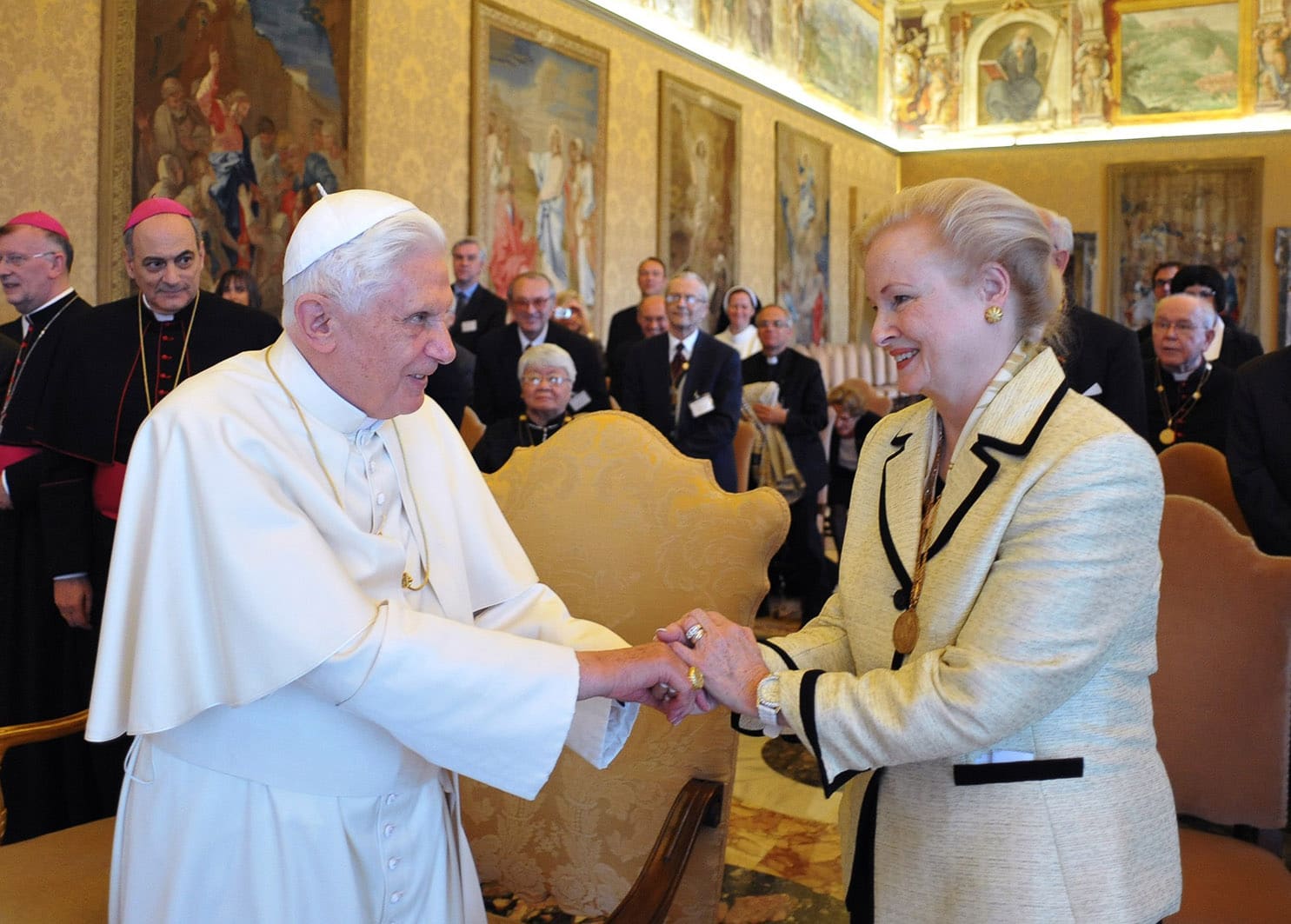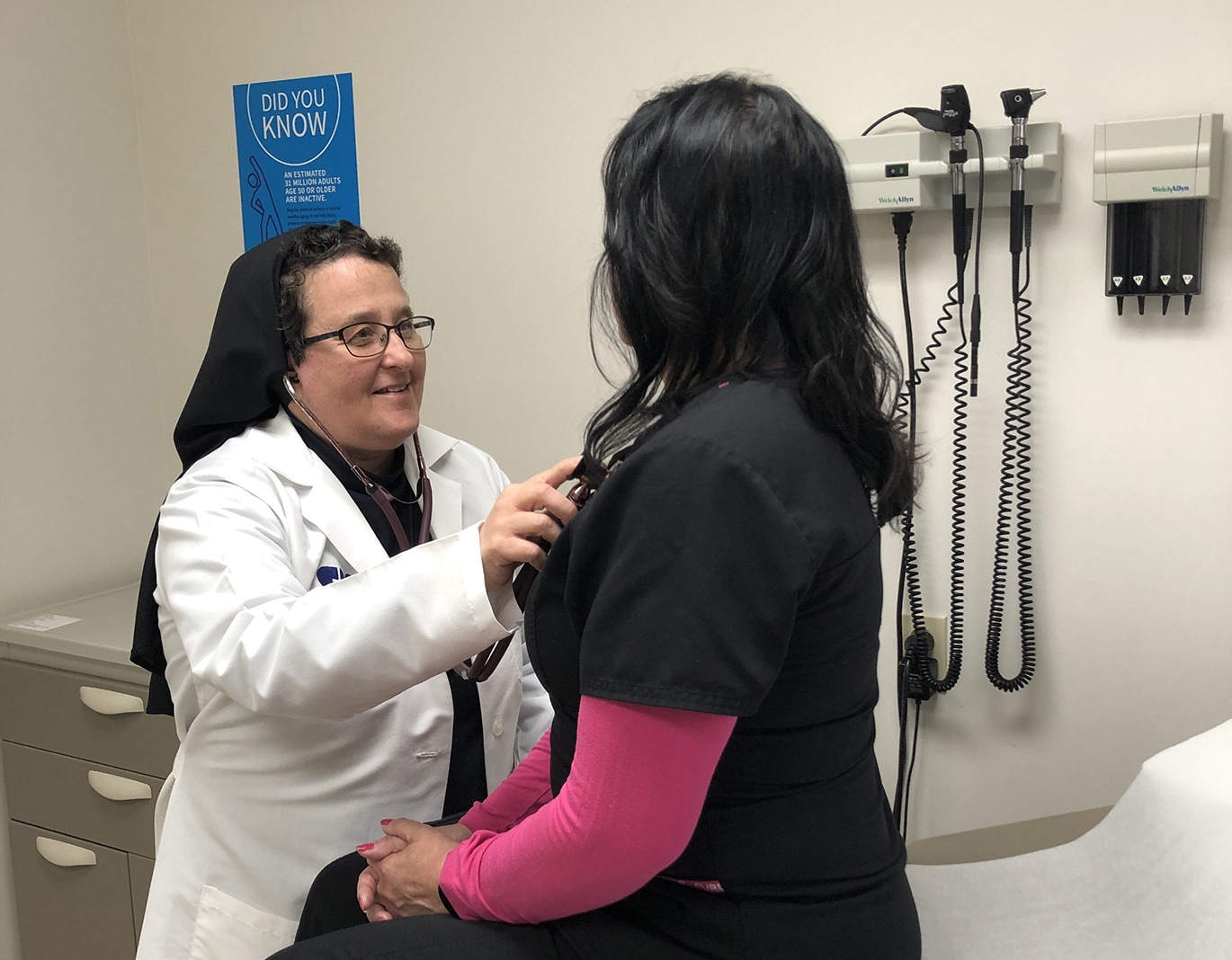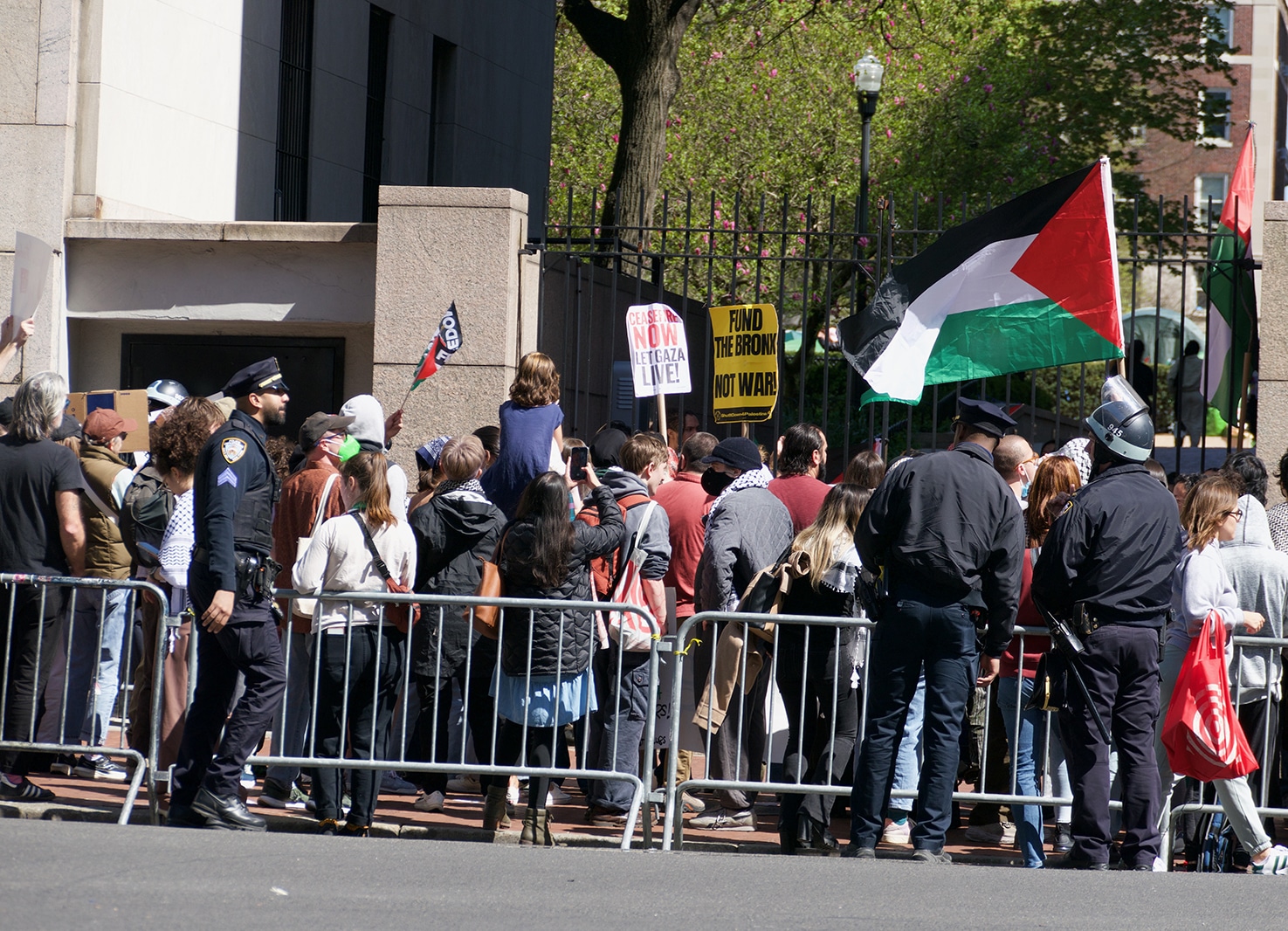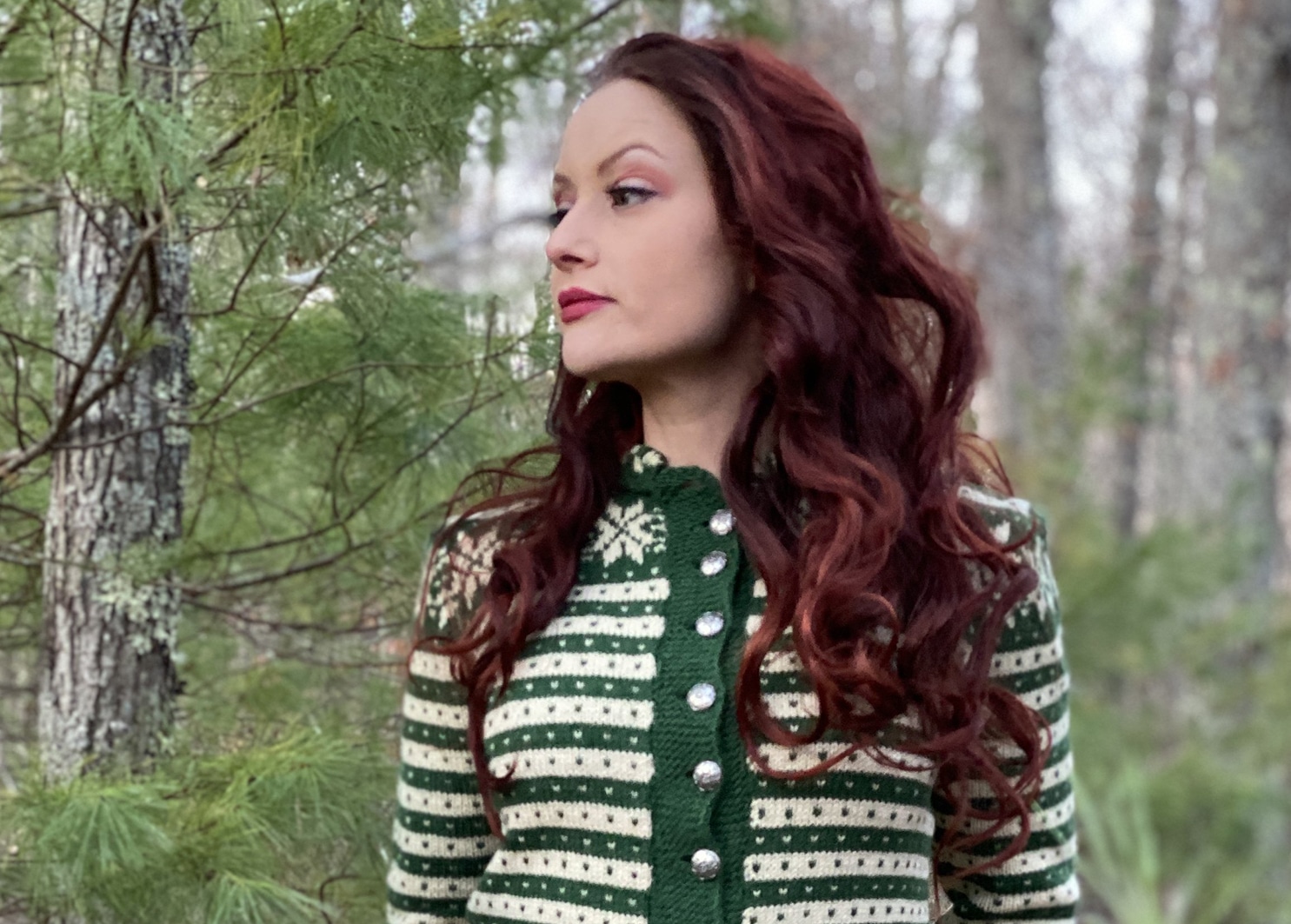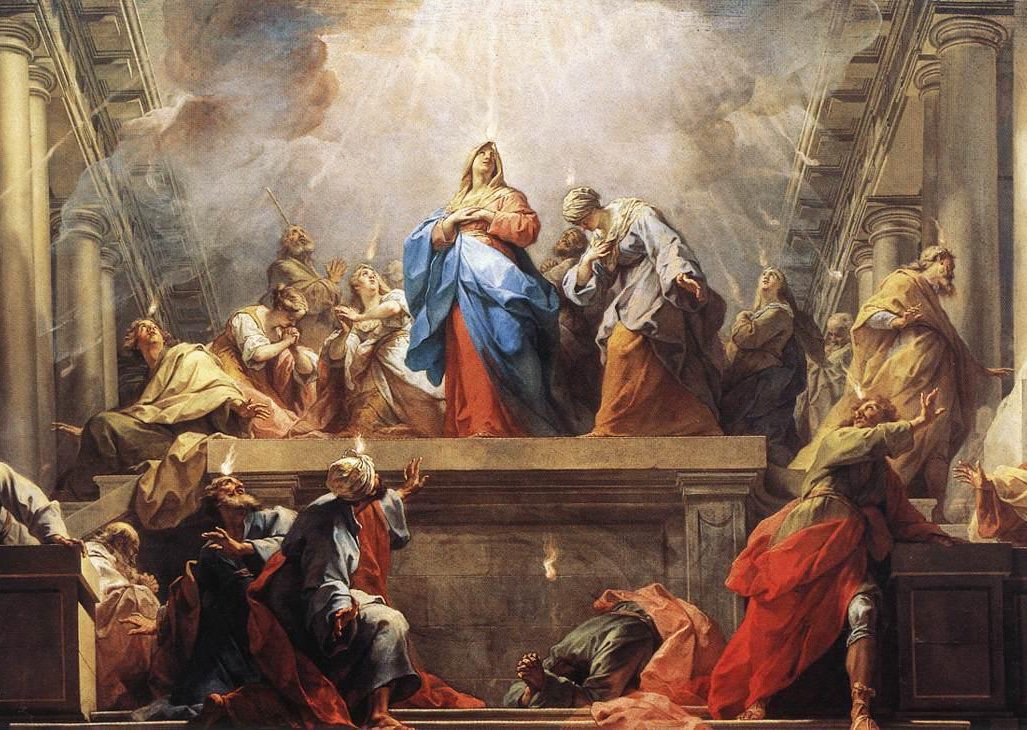(OSV News) — OSV News recently spoke with Mary Ann Glendon, professor emerita of law at Harvard University and a former U.S. ambassador to the Holy See. Glendon — who served under St. John Paul II, Pope Benedict XVI and Pope Francis — recounts her Vatican experiences in her new book, “In the Court of Three Popes,” providing particular insight into how laypeople can more fully embrace their vocation and life in the Catholic Church.
This interview has been edited for length and clarity.
OSV News: Your new book extensively details the experiences of a layperson working at a very high level in the Vatican. While most lay Catholics do not have such opportunities, how can they nonetheless better understand and embrace the role of the laity in the life of the Church?
Glendon: I do think that your question is a difficult one … because it’s so much a matter of individual discernment, and it’s so much dependent on where you are on your journey through life.
That discernment can be a little bit tricky; I know that from my own experience. I was in my 50s before I had got to the point where I could find time with my family and professional responsibilities to give a little time for the Church. I thought, “I’m a teacher … so I will offer to teach CCD.”
Well, I can tell you that was a disaster. It is a breeze teaching Harvard Law students compared to teaching eighth-grade students. So you’re not always sure what you do have to offer.
But having said that, I think that a good place for all of us to start is with what, in my view, doesn’t get enough mention — formation. Many of us in this highly secular age have actually spent more time with the ins and outs of our computers than we have in deepening our understanding of the Faith.
If our understanding of the faith is fragile, especially at a time like ours, then we’re going to have a hard time explaining things to ourselves, let alone to other people. And we are going to be poorly equipped to protect our children and other people’s children from what they’re hearing in aggressively secular schools, and from an entertainment industry that is very often dismissive of everything that we treasure in our Christian traditions.
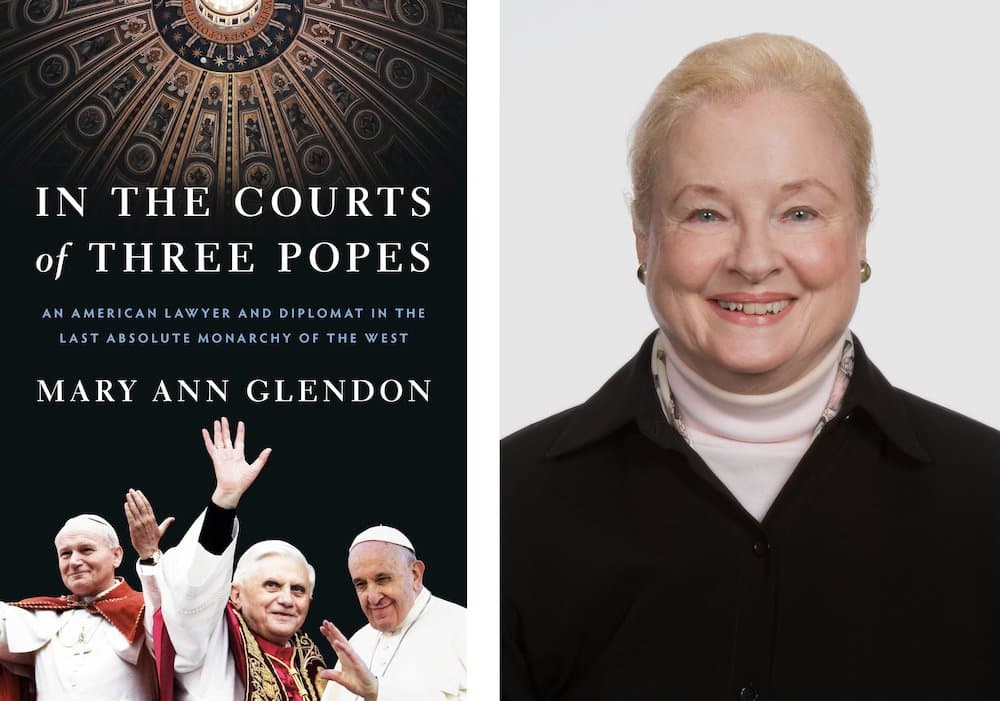
I think another (consideration) is that we have to really take seriously what Vatican II told us about the nature of the lay faithful. In my generation, we used to think that priests and nuns took care of everything, and we just tried to be a good person.
But, actually, Vatican II says it is the primary responsibility of the laity to evangelize the secular sphere where we live and work. Now, that’s been true for 2,000 years, but I think we get a little bit lazy about it.
It’s such a big challenge; it’s daunting. The Catechism tells us that really everything we do in our daily lives can be a fulfillment of that vocation, if we do it in the right spirit. How we are in the workplace, how we are raising our children, all of our family life, daily work — that all counts, if we do it in the right spirit. That’s also helpful when we think about lay service to the institutional Church.
OSV News: Many lay professional Catholics can find themselves disillusioned and even burned out working for the Church, especially amid scandals and declining attendance. How can they preserve their faith life and their service?
Glendon: I think that it’s good to remind ourselves that every form of work has its setbacks and advances. I (also) think we enter into (working for the Church) with very high expectations; I know I did. (It’s easy) to become disappointed — and disappointment can easily shade into disillusion or cynicism.
I would add that it’s also vital to avoid an exaggerated idea of what you yourself are going to be able to accomplish. I know I felt like that when I started working for the Holy See — “I’m an American lawyer and I think there are all these things I can fix.” No, it doesn’t work that way.
St. John Paul II said something like there’s a temptation in every spiritual journey to think that everything depends on us. And of course, it is God who is asking us to find and cooperate with his grace, which is always operating through the world. Find and cooperate with that. Without Christ, we can do nothing. To echo (Catholic author) Fran Maier, it is also vital (as a lay professional Catholic) to cultivate your prayer life.
This is a time when the institutional Church at every level is badly in need of lay assistance. Go into it with your eyes open, but also, go into it with the recognition that the Church has a special need right now, and that laypeople can enable the clergy to do what they were called to do, what they were trained to do and what they can do best. We can take some of that burden off of the clergy.
OSV News: In which specific areas can laypeople be of particular assistance to the Church at this moment, including at the parish level?
Glendon: I think one area is that of finances, and this is what I saw in the Vatican — that there was real need for outside lay assistance in the area of money.
But there was a problem at the same time, because just as there’s very little in the training of most priests to equip them to manage finances … they’re also not very good sometimes at finding honest, reliable and capable laypeople to do it. And in the Vatican system, laypeople were often foxes in the chicken coop.
So that’s a caution, but I think you do have to take advantage of the fact that there are laypeople out there. Very often, the people you want are busy, and, of course, it’s hard to get busy people to devote some of their attention (to your project). But when I had to hire lay experts for the Vatican while I was serving on a committee to reform the Vatican Bank, I found sometimes all you have to do is ask.
OSV News: What do clergy themselves need to do to create a more welcoming space for laity to enter into in the mission of the Church?
Glendon: I think St. John Paul II was really the leader of a new generation of bishops, because he himself had always interacted with laity and was comfortable with laity, male and female. And I think now we have a whole generation of bishops in the Church, some of whom have risen to very high places, and they are very much aware of a reservoir of talent that they can use. And I think they do use it. And the ones who have a problem with that, I think are starting to leave the field.
OSV News: Regarding co-responsibility of the laity, what are some trend lines you saw while serving under these three popes?
Glendon: Definitely (a Church) more welcoming to women. And again, I think a lot of the credit goes to Vatican II, which was much further ahead of its time than most people realize. Many — I would say most — of today’s bishops have heard that message. And the three popes (didn’t) hesitate to lead by example and to appoint women to leadership positions.
I think we are definitely on a continuous, forward trajectory where laity in general and women in particular are concerned.

